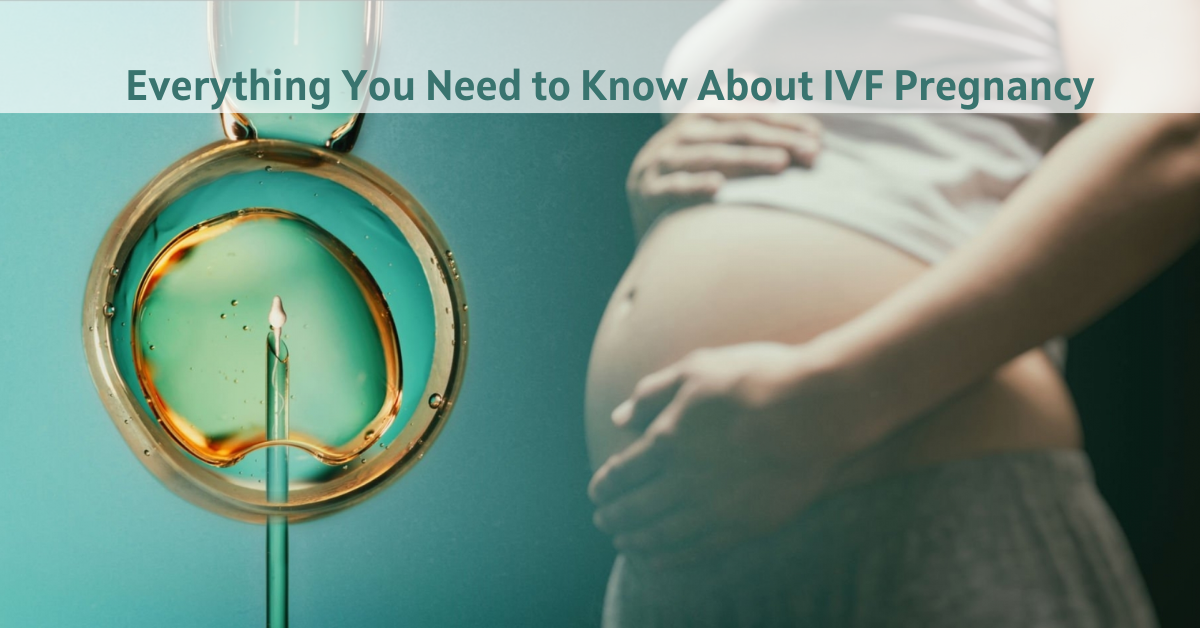How To Choose Between IUI & IVF Treatments in India?
Many couples find infertility to be a difficult journey, but advances in reproductive science have given them more options to become pregnant. Intrauterine Insemination (IUI) and In Vitro Fertilization (IVF) are two commonly used fertility therapies. Selecting the best IVF Treatment in India is influenced by several variables. These aspects will be examined in this essay, which will help couples decide between IUI and IVF treatments in India.
Understanding the difference between IUI and IVF
(i) Intrauterine Insemination (IUI)
As part of an IUI fertility treatment, sperm are directly inserted into a woman's uterus during ovulation. The procedure consists of:
1. Ovulation Monitoring: Oral drugs or hormonal injections might cause ovulation to occur.
2. Preparation of Sperm: To concentrate and enhance its quality, sperm is gathered and processed in a laboratory.
3. Insemination: A catheter is used to introduce the prepared sperm into the uterus.
(ii) In Vitro Fertilization (IVF)
Fertilization takes place outside the body during the more intricate IVF procedure. The actions to be taken are:
1. Ovarian Stimulation: Hormonal drugs are used for ovarian stimulation, which increases the production of numerous eggs.
2. Egg Retrieval: A small surgical incision is made to remove eggs from the ovaries.
3. Fertilization: To aid in fertilization, sperm and eggs are mixed together in a laboratory.
Embryo Transfer: The uterus receives one or more healthy embryos.
Factors to Consider
(i) Medical History and Diagnosis
1. Mild Male Factor Infertility or Unexplained Infertility: For couples experiencing mild male factor infertility or unexplained infertility, in vitro fertilization (IUI) is frequently suggested as the initial therapy option because of its affordability and ease of use.
2. Severe Male Factor Infertility, Tubal Blockage, or Advanced Maternal Age: IVF is typically recommended because of its greater success rates in situations of severe male factor infertility, blocked fallopian tubes, or women over the age of 35.
(ii) Success Rates
1. IUI Success Rates: Depending on the woman's age and the underlying cause of her infertility, the success rate with IUI varies from 10% to 20% per cycle.
2. IVF Success Rates: For women under 35, IVF gives better success rates, averaging between 30 and 40 percent per cycle, and these percentages decline with age.
(iii) Duration of Treatment
IUI: From the beginning of the medicine to the insemination process, each IUI cycle takes roughly two to three weeks.
IVF: The entire process of an IVF cycle, including ovarian stimulation, egg harvesting, and embryo transfer, can take four to six weeks.
(iii) Personal Preferences and Lifestyle
1. Invasiveness and Comfort Level
IUI: Less intrusive; just blood testing, ultrasound surveillance, and a straightforward insemination process are required.
IVF: More intrusive, involving frequent injections, surgical techniques to retrieve eggs, and maybe increased psychological and physical strain.
Conclusion
In India, selecting between IUI and IVF procedures necessitates carefully weighing many variables, such as medical history, success rates, expenses, length of treatment, and individual preferences. It is essential to speak with a fertility specialist in India to determine the best course of action for your unique situation. Since every couple's journey is different, making an informed choice can greatly increase the likelihood of a successful pregnancy.



Comments
Post a Comment